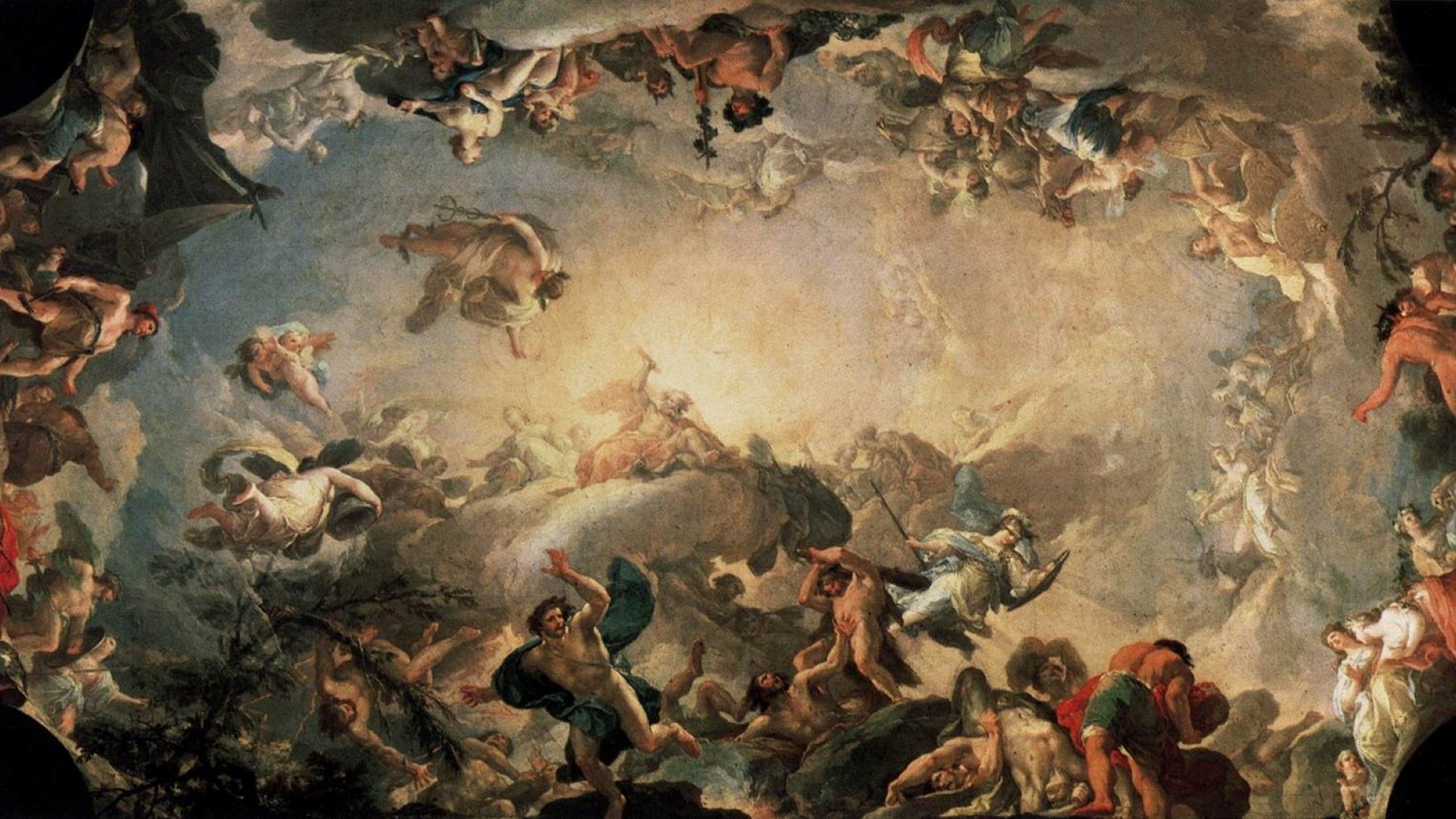
Augeas
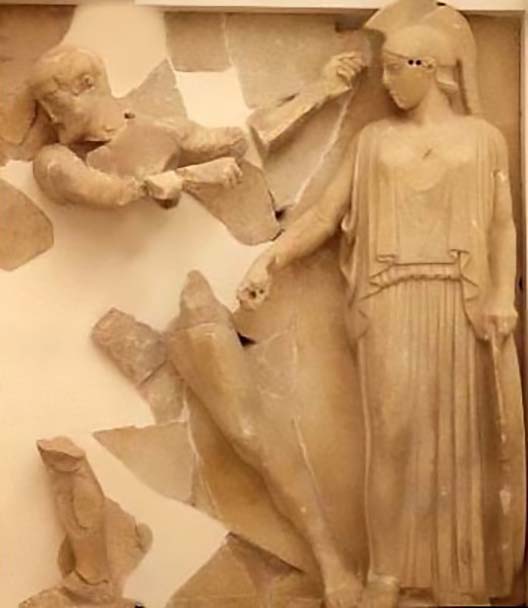
In Greek mythology, Augeas or Augeias (Ancient Greek: Αὐγείας, whose name means "bright"), was king of Elis and father of Epicaste. Some say that Augeas was one of the Argonauts.
He is best known for his stables, which housed the single greatest number of cattle in the country and had never been cleaned, until the time of the great hero Heracles.
Family
Augeas's lineage varies in the sources: he was said to be either the son of Helios and Nausidame or of Eleios, king of Elis, and Nausidame, or of Poseidon, or the son of Phorbas and Hyrmine.
His children were Epicaste, Phyleus, Agamede Agasthenes, and Eurytus.
The Augean Stables
The wealth and prestige of King Augeas was represented by the number of cattle he had; for it was said that Augeas owned in excess of 3000 cattle, possibly divine cattle, if they had been given to Augeas by Helios.
Each night for 30 years these 3000 cattle had been housed in an enormous cattle shed, referred to as "stables", but for 30 years these stables had not been cleared out of the dung that had been deposited in them. With the job of cleaning the stables having been put off 30 years ago, it was now deemed an impossible job to clean them.
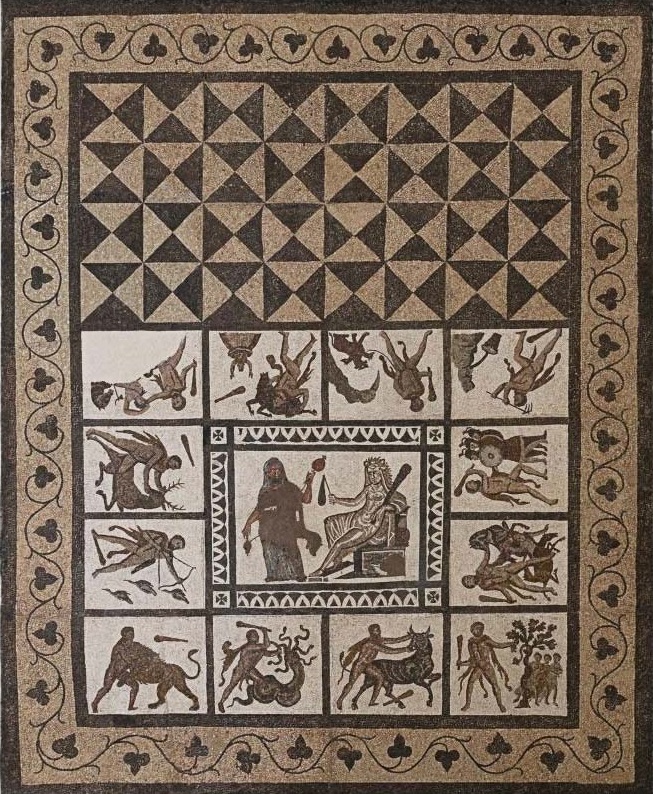
Heracles Fifth Labour and the Cleaning of the Stables
The fifth labour of Heracles was to clean the stables of King Augeas. This assignment was intended to be both humiliating (rather than impressive, as the previous labours had been) and impossible, since the livestock were divinely healthy (and immortal) and therefore produced an enormous quantity of dung. The Augean Stables had not been cleaned in over 30 years, and over 1,000 cattle lived there.
However, Heracles succeeded by re-routing the rivers Alpheus and Peneus to wash out the filth.
Before starting on the task, Heracles had asked Augeas for one-tenth of the cattle if he finished the task in one day, and Augeas agreed. But afterwards Augeas refused to honour the agreement on the grounds that Heracles had been ordered to carry out the task by Eurystheus anyway.
Heracles claimed his reward in court, and was supported by Augeas' son Phyleus. Augeas banished them both before the court had ruled.
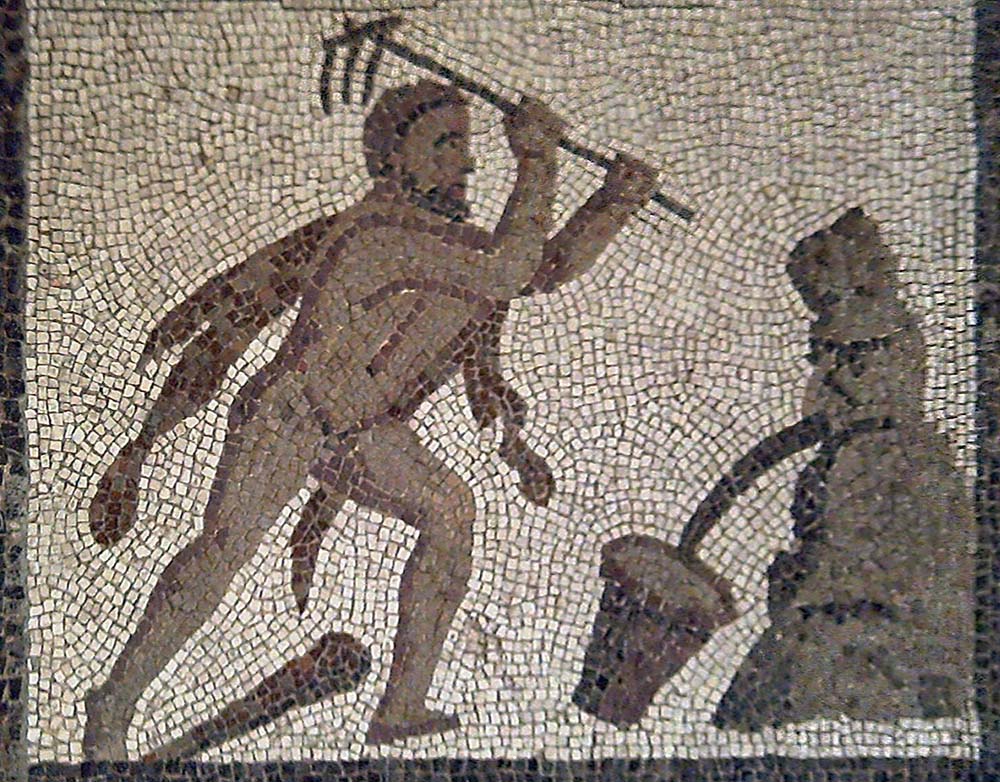
Augeas as a member of the Argonaut
The prestige of Augeas, and indeed the skill of the king, was sufficient for Augeas to be accepted by Jason as an Argonaut in the quest for the Golden Fleece; possibly an awkward situation when Heracles was also named as an Argonaut.
Whilst it is not entirely clear when the Labour of Heracles occurred in relation to the voyage of the Argonauts, it is normally stated that the Labours preceded Jason’s quest.
Jason hoped to make use of Augeas during the negotiations with Aeetes about the removal of the Golden Fleece, for both Aeetes and Augeas were said to be sons of Helios, but in the end Aeetes didn’t recognise the shared parentage. Whilst Augeas made it to and from Colchis, Heracles would be left behind on the outward journey, as Heracles looked for his companion Hylas.
Heracles returns for Retribution
Augeas would return to Elis but eventually so would Heracles, who now sought retribution for Augeas having reneged on their earlier deal. Thus Heracles marched on Elis at the head of an Arcadian army.
The king at first repelled the hero with the help of several allies, including his nephews, the twin Molionidai, and Amarynkeus. Heracles was also struck down by illness, further stalling the campaign. After his recovery, he ambushed and slew the twins at Kleonai (Cleonae) before launching a second invasion. This time he conquered the country, slaying King Augeas in battle.
Heracles would then place Phyleus, son of Augeas on to the throne of Elis and to celebrate his victory Heracles founded the Olympic Games near the Eleian town of Pisa.
The parentage of King Augeias was disputed by classical writers but he was most commonly described as the son of the country's eponym - either Eleios a grandson of Endymion, Heleios a son of Perseus, or Helios the sun-god.
The grandsons of Augeas, Polyxeinos and Meges, led the armies of Elis and the island nation of Doulikhion (Dulichium) in the Trojan War.
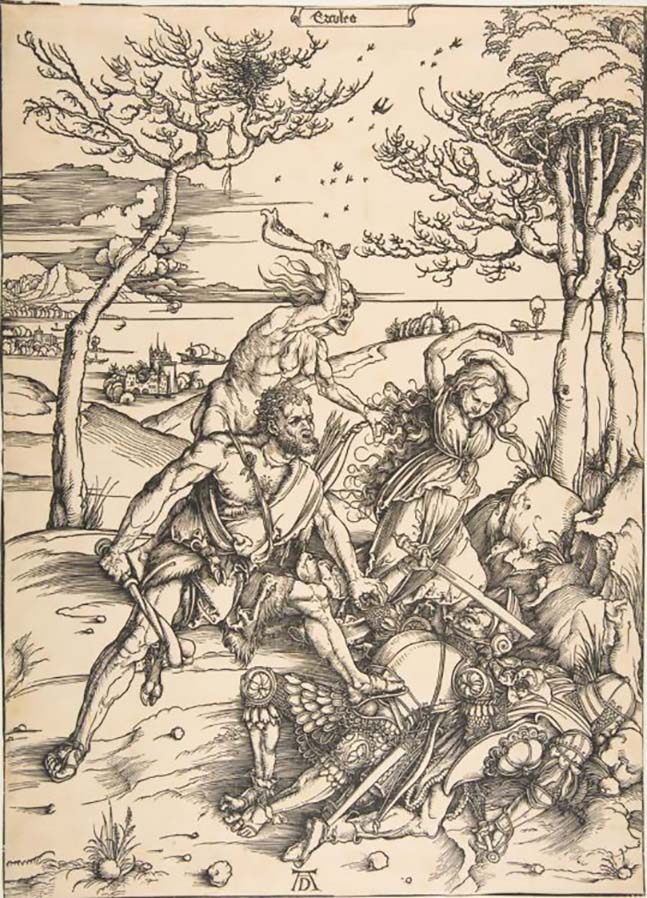
Sources
Hyginus. Fabulae 14
Pausanias, Graeciae Descriptio 5.1.9
Pseudo-Apollodorus, Bibliotheca 2.88
Hyginus, Fabulae 157
Diodorus Siculus, Bibliotheca historica 4.33.3
Pindar. The Extant Odes of Pindar, Project Gutenberg.
Our Mobile Application
Check out Our Mobile Application "Ancient Greece Reloaded"


